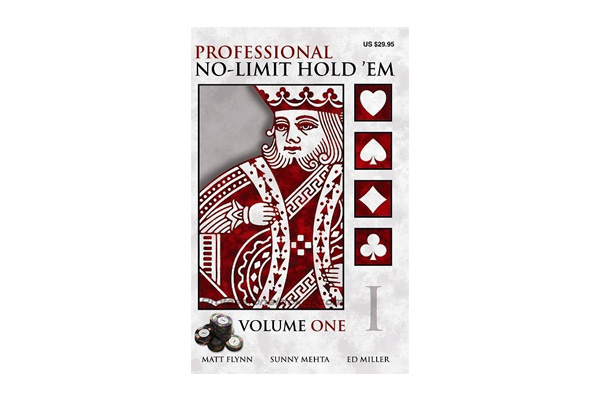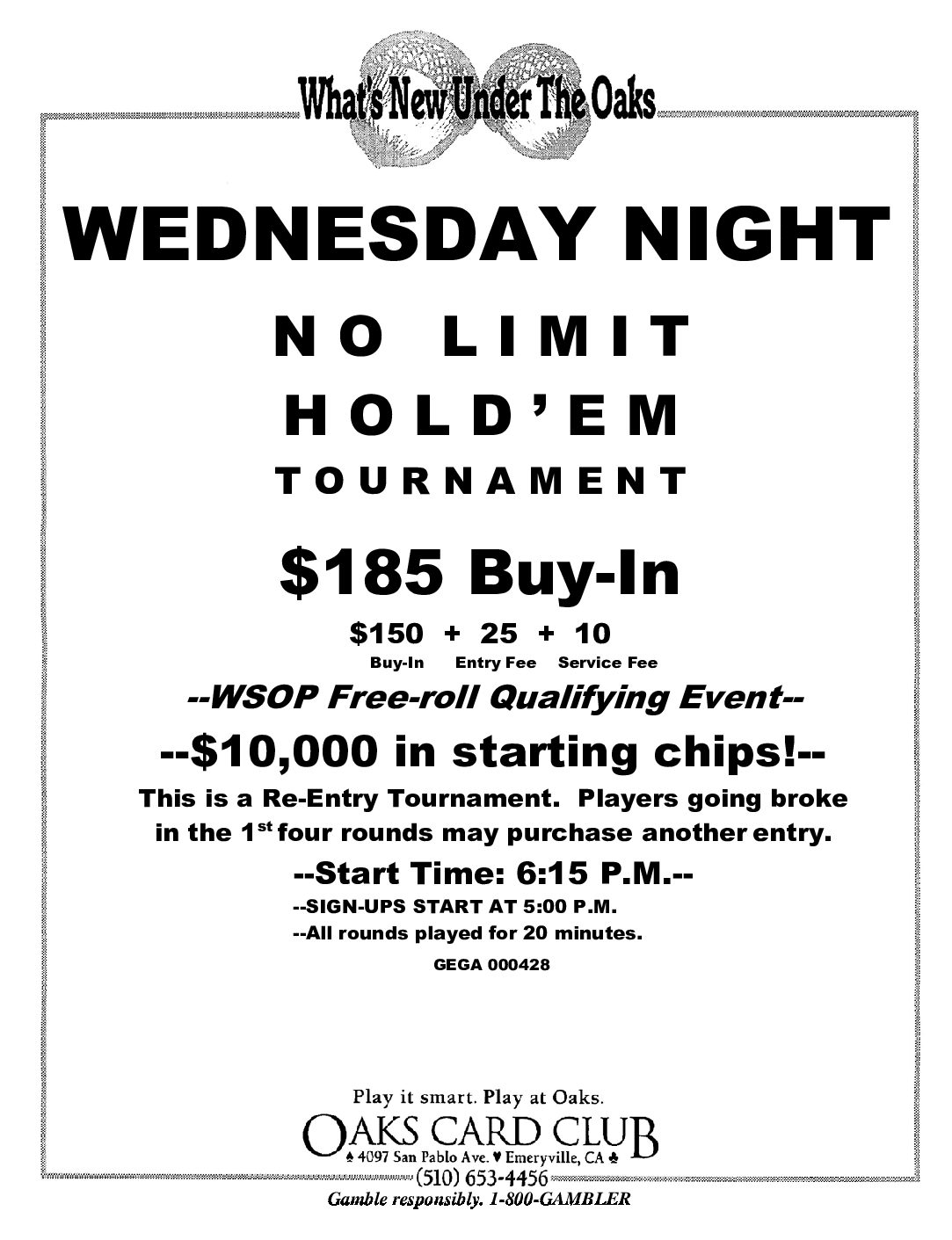Limit Hold Em
Limit Hold Em 3,8/5 4241 votes
Fundamentals of Poker - Limit Texas Hold'emMason MalmuthMany poker books focus on professional high-limit holdem games, but middle-limit games give players an option for profit. Steiger analyzes the $30/$60 game and explains what distinguishes successful players from weaker ones, how to size up your opponents fast, read hands and pick up tells, how to bluff and catch bluffers. Limit Texas Hold’em really is a discipline apart from its No Limit counterpart. Players who switch versions often find the differences much more pronounced than they would realize, and experienced Limit players can often find opportunities playing against players from the No Limits discipline.
Two Plus Two Magazine, Vol. 8, No. 12- General Guidelines
- Seven Card Stud
- Limit Texas Hold'em

Limit Texas hold ’em is deceptive. It appears easy to play, yet beneath that simple facade lies a game of extraordinary complexity. Many variables must be considered when making decisions, and figuring out the correct play is often difficult. So before we discuss specific hands and how they generally should be played, here are some tips that will help you determine the best course of action.
Know what the best possible hand is and how likely it is to be out.
With certain upcards, the potential for many different strong hands increases. With other upcards, however, the number of combinations is dramatically reduced. For example, if the board is the
no one can have a straight, a flush, or a full house. The best possible hand is three kings.
Whether someone is holding the best possible hand, which in the poker vernacular is referred to as “the nuts,” frequently can be determined by the number of players in the pot and the previous action. The more players there are and the more betting and raising that have taken place, the more likely it is that one of your opponents has the nuts.
Recognize when you hold the best possible hand.
Although this tip is actually a continuation of the one just given, its importance is such that it rates a separate listing. If you have the nuts and fail to recognize it, you will miss betting and raising opportunities which in turn will cost you money. And thinking you have the best possible hand when you don’t can be even more expensive. However, by paying close attention to the board, you will avoid making these costly errors.
As an example, if the board is the

and you hold ace-king, you can’t be beat. You therefore should get as much money as possible into the pot. But if the board shows the 3[diamond] instead of the 3[spade], you can lose to a flush and should proceed with caution.
Excelling At No Limit Hold'em
Position is significant.
Texas hold ’em is known as a fixed-position game as opposed to a random-position game. In other words, the order in which the players act each round is predetermined, rather than determined by the strength of the exposed cards as it is in stud. We have already noted the advantage of acting last in poker. This means that you should be more selective of the hands you play in early position than of those you play in late position.

Don’t overrate suited hands.
Having two cards of the same suit definitely makes your hand better, but many beginning players tend to overrate the value of suited cards. In short, a hand like ten-six almost always should be thrown away, whether it’s suited or not.
High cards are much better than low cards.
It’s just as easy to make a pair when you have high cards as it is when you have low cards. If you hold the
Limit Hold'em Strategy Starting Hands

your opponent has the
Limit Hold Em Las Vegas
and both of you flop a pair, you have the better hand. Thus, you would prefer to have your hand made up of big cards.
Poker Strategy and Other Topics - November 2019
I Got Postled, Allegedly
by Carlos Welch
by Carlos Welch
Don’t be Like Mike: Poker and the Art of Lying
by Robert Samuels
by Robert Samuels
Limit Hold Em Strategy
Starting Hand Selection in Omaha Eight or Better, Part 7: Queens and Lesser Pairs
by Kevin Haney
by Kevin Haney
Power Ratings for Two Card Draws in Deuce to Seven Triple Draw Lowball
by Kevin Haney
by Kevin Haney
Poker Faces in the Crowd: Michael Groetsch
by Ben Saxton
by Ben Saxton
Status of Las Vegas Poker, Autumn, 2019
by Bryan Clark
by Bryan Clark
It’s Good to be the CEO
by Felipe Garcia, CFA and Aaron Byrd, CFA
by Felipe Garcia, CFA and Aaron Byrd, CFA
Limit Hold'em Bankroll
Hitting the Destination on the Road to Zero
by Nick Willett
by Nick Willett
Limit Hold'em Rules
Classic Article: Fundamentals of Poker - Introduction
by Mason Malmuth
by Mason Malmuth